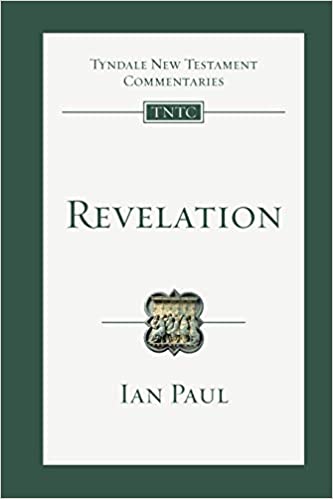
Revelation should be read often. It’s an important text, one that invites readers to peek behind the veil that separates the visible realm from the invisible. It offers a life-altering glimpse of ultimate reality, a summons to behold the truth about who’s really in charge of the world. The message of Revelation is, in every sense of the word, “gospel” because it puts the monsters of this world on notice and, at the same time, comforts the downtrodden: In the end, Jesus Christ, the world’s true Lord and Rescuer, is the one who has conquered and is coming again to make all things new.
Revelation summons us to a life of faithfulness and loyalty to the slain Lamb. We are to pray “thy Kingdom come” even as we live out the message of that Kingdom today, in the present time. Like the seven churches to which John of Patmos sent his letter, we in the modern world can also find the encouragement and grace we need to live out our calling to be Lamb-like. Regularly feasting on the message of Revelation is essential for those who wish to stay faithful to the Lamb while they live in a world littered with the iconography of the beast.
What makes Revelation so captivating is how the content of its message is communicated. When you study Revelation with patience, submitting to its symbolism and to the cadence of its carefully-crafted rhythm, you can’t help but walk away with feelings of admiration, awe, and intrigue. In the introduction to his commentary on Revelation, biblical scholar Ian Paul puts it well:
“The book of Revelation is the most remarkable text you will ever read. Setting aside any claims that we might want to make about it as a result of its being part of the canonical Scriptures of the Christian faith, it is one of the most extraordinary pieces of literature ever written by a human being, and it ought to feature in any university course on world literature. Its engagement with the canonical Old Testament Scriptures, its use of contemporary first-century culture and mythology, its elaborate structure and multiple echoes, interweaving, repetition and development of themes, its extraordinarily sophisticated use of numerology in three different ways, and the sheer power of its rhetoric and impact of its imagery — all these make it a remarkable and endlessly fascinating text. Outside of the Christian Scriptures, there really is nothing in all of human literature to compare with it.”
Ian Paul, Revelation: An Introduction and Commentary (TNTC; Downers Grove, IL: IVP Academic, 2018), 1.
I wholeheartedly agree. When it comes to Revelation, friends, take up and read. And be blessed as you do!
